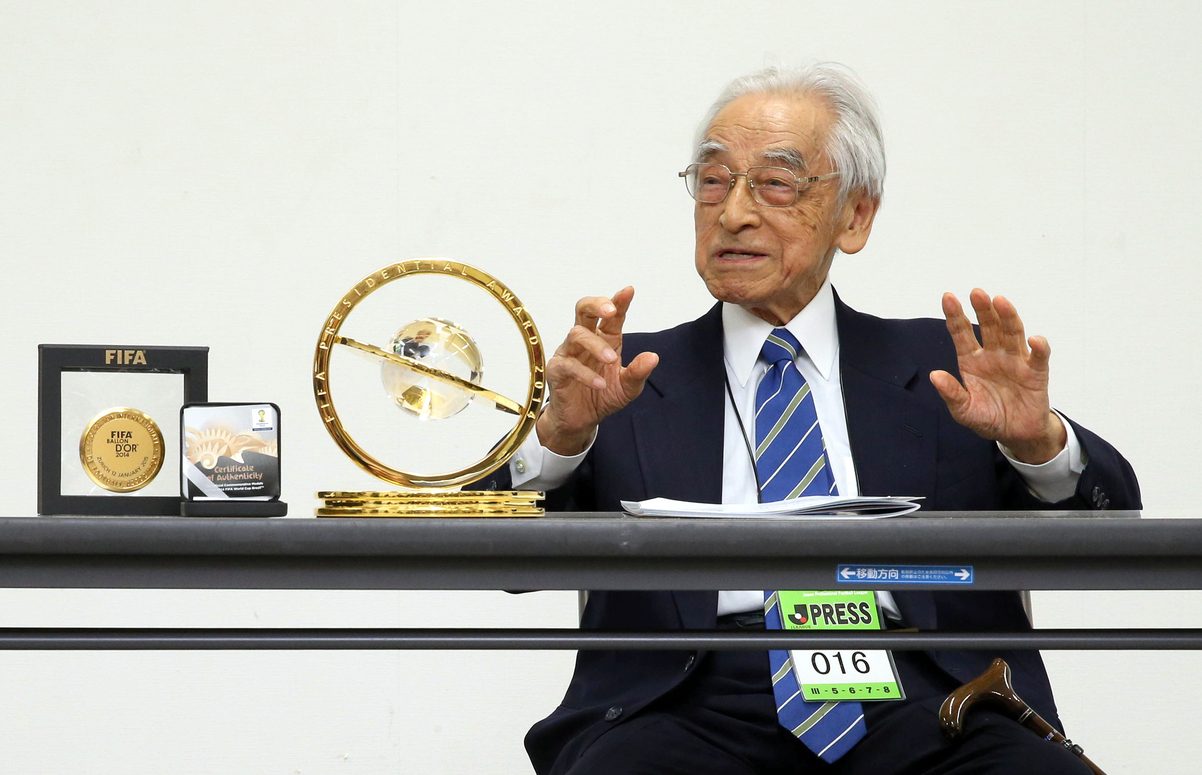
Hiroshi Kagawa, celebrated as the world's oldest soccer journalist, passed away at a hospital in Kobe on December 5. He was 99 and known for writing well into his 90s. The cause of death was believed to be natural.
Kagawa had been living in a nursing home for several years. In October, his health began to decline, leading to his hospitalization. He had entrusted his extensive soccer-related collection to the Kobe Kagawa Soccer Archive at the Kobe Chuo Municipal Library. A 10th-anniversary event was scheduled for November 14 there. However, he was unable to attend due to poor health.
Although he was discharged, his condition suddenly worsened on the morning of December 5. He was then rushed to a hospital in Kobe.
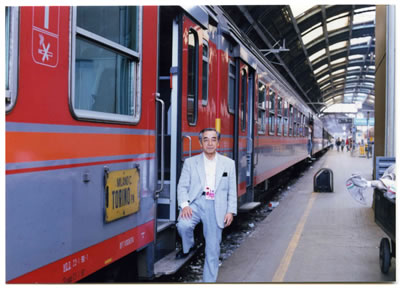
A Renowned Player and Emperor's Cup Runner-Up
Hiroshi Kagawa was born in December 1924. He began playing soccer at Kobe First Middle School (now Kobe High School) and continued at Kobe University. Later, he joined the Osaka Soccer Club and achieved the honor of finishing as runner-up in the Emperor's Cup.
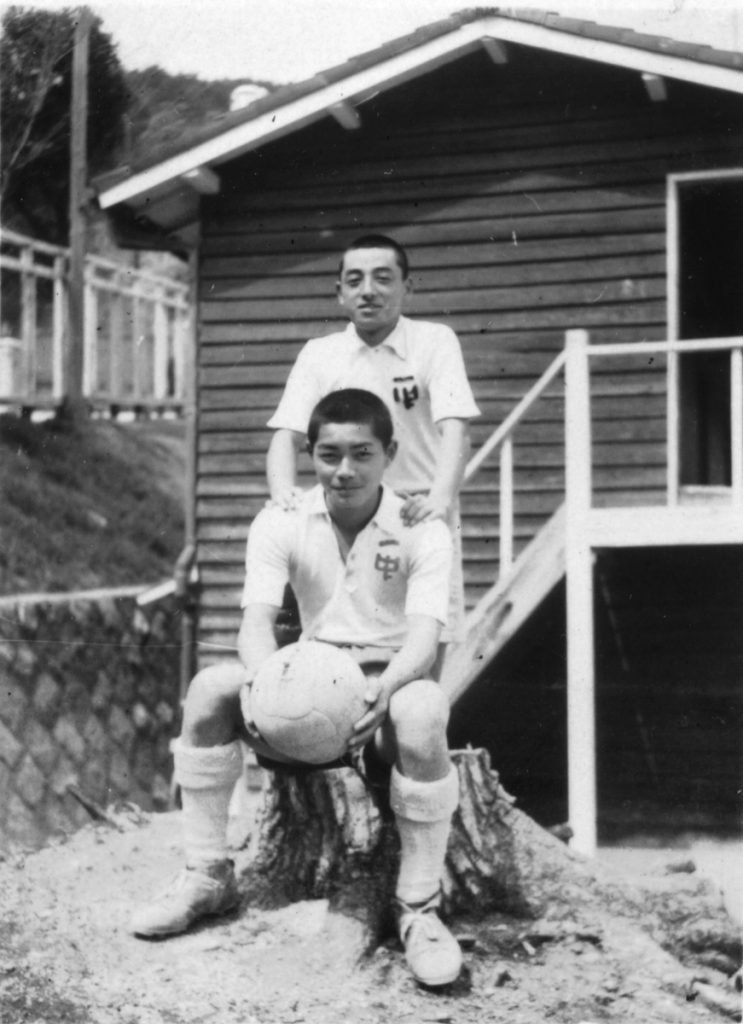
During World War II, Kagawa was drafted into the military and volunteered for the air force. Trained as a fighter pilot, he saw the war end just before he was due to go on a kamikaze mission.
After the war, Kagawa joined the Osaka headquarters of The Sankei Shimbun in 1952. At the newspaper, he specialized in soccer reporting. He also developed a close friendship with Dettmar Cramer, the German coach known as the "Father of Japanese Soccer." In addition, Kagawa also covered Japan's historic bronze medal feat at the 1968 Mexico City Olympics.
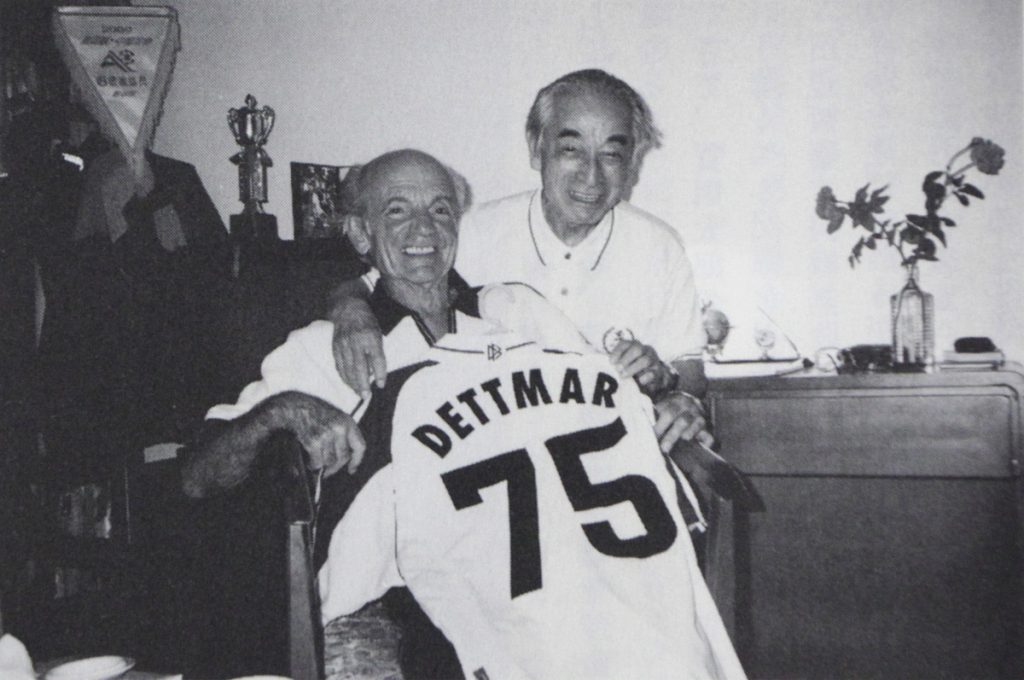
One notable anecdote highlights how he advised Takeshi Okada, then a junior high school student considering studying in Germany, to continue his education in Japan. Okada later became Japan's national team head coach.
Honored with the FIFA Presidential Award
In 1974, while serving as deputy chief editor of Sankei Sports, Kagawa covered his first World Cup. It was held in West Germany. After leaving the company, he transitioned to freelance journalism, writing long-running travelogue-style columns for specialized magazines. These pieces combined soccer coverage with insights into the unique cultures and atmospheres of various countries.
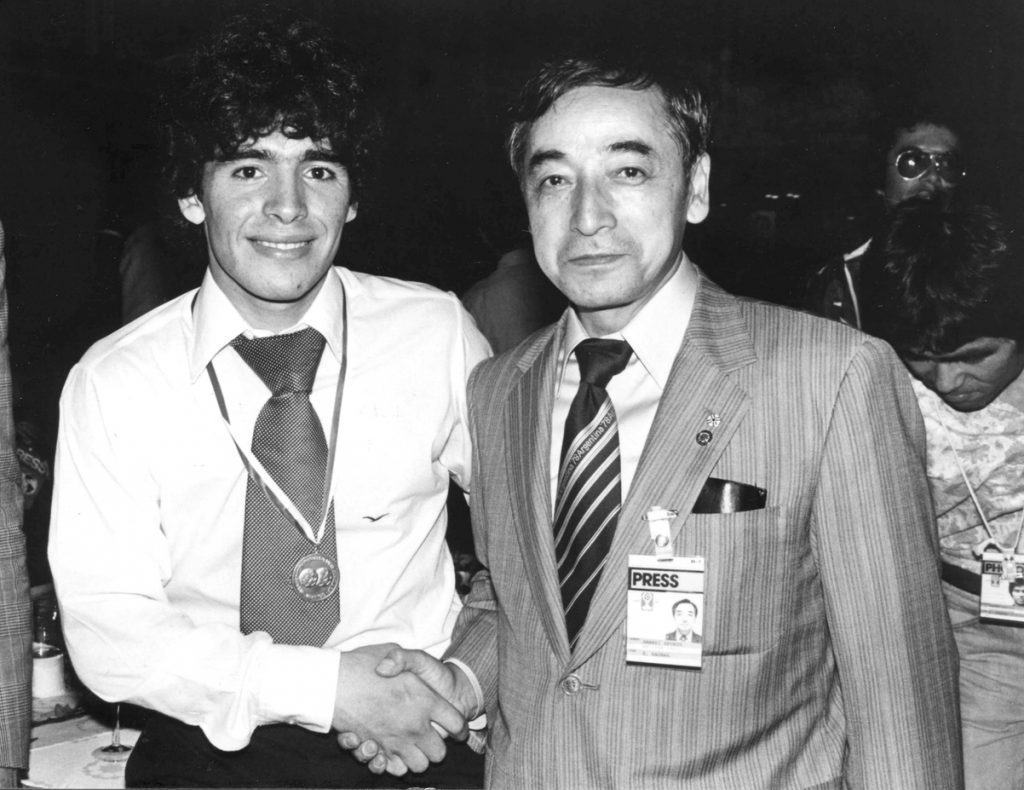
Kagawa expanded his career as a soccer writer by securing interviews with star players, including Johan Cruyff of the Netherlands.
His remarkable achievement of covering 10 World Cups, culminating in the 2014 Brazil tournament, earned him the FIFA Presidential Award in 2015. He was Japan's first recipient. That January, he attended the FIFA Ballon d'Or ceremony in Zurich, Switzerland, where he shared the stage with global icons like Cristiano Ronaldo (Portugal) and Andrés Iniesta (Spain).
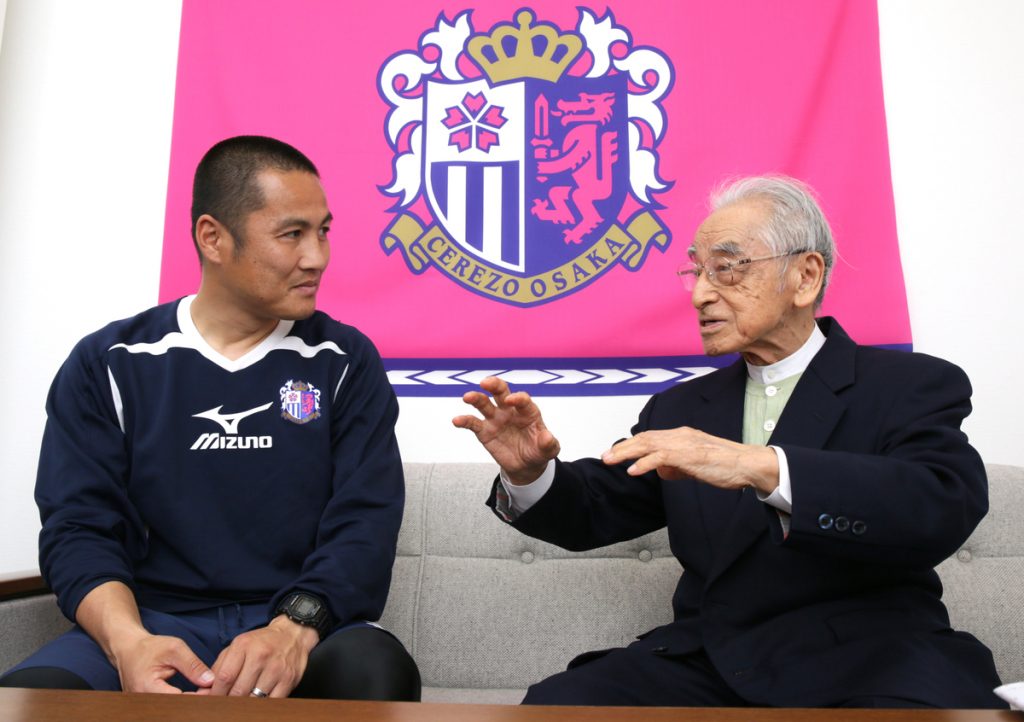
Even after turning 90, Kagawa remained dedicated to his craft. For the 2018 Russia World Cup, he contributed match reports, starting from the Asian qualifiers, to his former workplace, Sankei Sports. In March 2019, he covered the Japan-Bolivia match at Noevir Stadium in Kobe.
At 94, Kagawa set a record as the oldest journalist to cover the Japanese national team, earning widespread attention. After the match, manager Hajime Moriyasu presented him with a bouquet of flowers in recognition of his achievement.
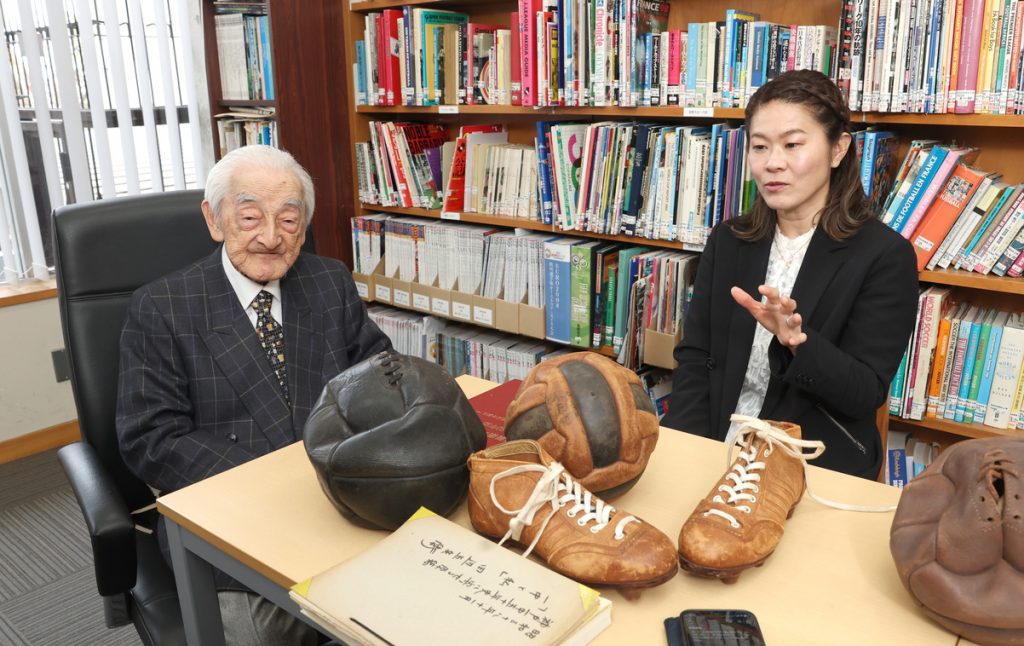
A Lifelong Involvement in Soccer
Kagawa continued contributing columns to magazines until the age of 98, establishing his status as the world's oldest active soccer journalist.
He was also committed to youth development. That led him to contribute to the establishment of Japan's first soccer school, the Kobe Junior Soccer School. He also played a key role in founding the Kobe Football Club.
A birthday celebration was planned for December 29 to mark his 100th year, organized by members of Kobe FC. However, he passed away before reaching this milestone.
RELATED:
Author: The Sankei Shimbun

Nagoya Basho Tournament Records
| Day | Opponent | Result |
|---|













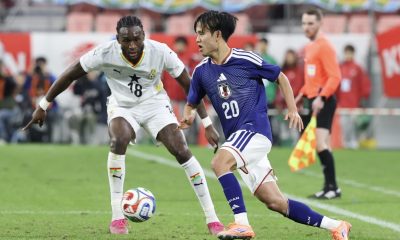

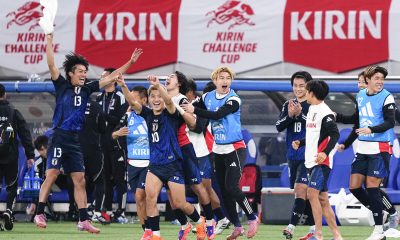



You must be logged in to post a comment Login